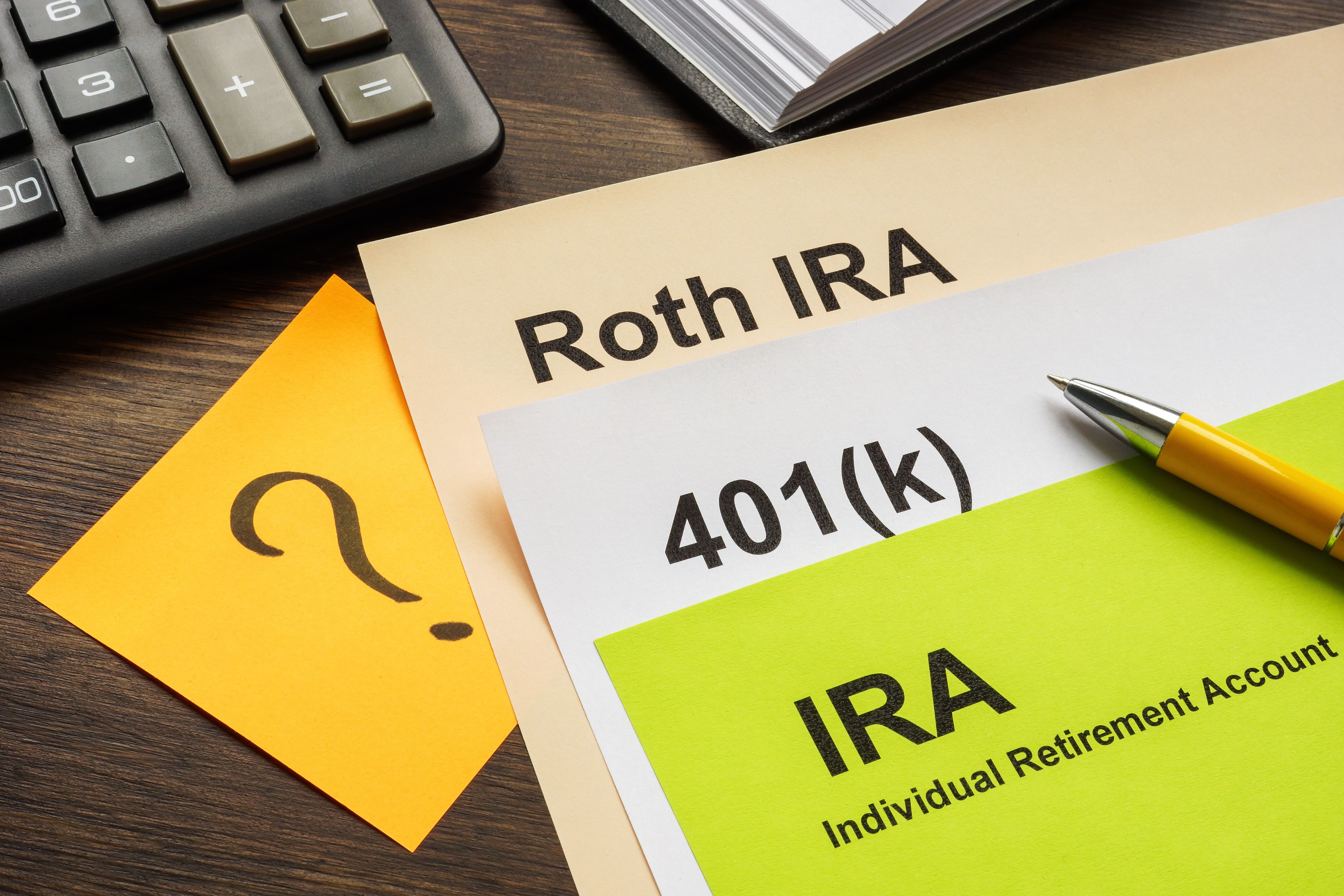Roth IRA: A Guide to Tax-Free Retirement Withdrawals
What is a Roth IRA?
A Roth IRA, or Individual Retirement Account, is a type of retirement savings plan that allows individuals to contribute after-tax dollars. The primary appeal of a Roth IRA is that your money grows tax-free, and you can withdraw it tax-free once you reach retirement age. This makes it an attractive option for many people looking to maximize their retirement savings.
The major advantage of a Roth IRA over traditional IRAs is the tax treatment. While traditional IRAs offer upfront tax deductions, Roth IRAs provide tax-free withdrawals. This can be especially beneficial if you expect to be in a higher tax bracket during retirement.

Contribution Limits and Eligibility
Understanding the contribution limits and eligibility criteria is crucial for making the most out of a Roth IRA. As of 2023, the contribution limit for individuals under the age of 50 is $6,500 per year. For those aged 50 and older, the limit increases to $7,500 annually, thanks to the catch-up contribution provision.
Eligibility to contribute to a Roth IRA depends on your modified adjusted gross income (MAGI). For single filers, the income phase-out range begins at $138,000 and ends at $153,000. For married couples filing jointly, the range is between $218,000 and $228,000. It's important to note that these limits are subject to change, so staying informed about current regulations is essential.
Tax-Free Withdrawals: How It Works
The most compelling feature of a Roth IRA is its tax-free withdrawals. To enjoy this benefit, you must meet two specific conditions: your account must have been open for at least five years, and you must be at least 59½ years old. Fulfilling these requirements ensures that your earnings and contributions can be withdrawn without incurring any taxes.

Exceptions to Early Withdrawal Penalties
While it's generally advised to avoid early withdrawals from your Roth IRA, there are exceptions that allow you to access your funds without penalty. Some of these exceptions include using the money for qualified education expenses, purchasing your first home, or covering significant medical expenses.
It's important to note that while these exceptions may waive the penalty, you may still be required to pay taxes on earnings if the account hasn't met the five-year rule. Understanding these nuances can help you make informed decisions about accessing your funds early if necessary.
Strategies for Maximizing Your Roth IRA
To make the most of your Roth IRA, consider implementing a few strategic approaches. First, aim to maximize your annual contributions. Consistently contributing up to the limit can significantly increase your retirement savings over time.
Additionally, investing your contributions wisely is key. Diversifying your portfolio with a mix of stocks, bonds, and mutual funds can help optimize growth while managing risk. Consulting with a financial advisor can also provide personalized guidance based on your financial goals and risk tolerance.
The Long-Term Benefits
A Roth IRA offers several long-term benefits that make it a valuable component of a comprehensive retirement plan. The ability to withdraw funds tax-free during retirement can provide significant financial relief and flexibility.
Furthermore, unlike traditional IRAs, Roth IRAs do not require minimum distributions during the account holder's lifetime. This feature allows for continued growth and potential legacy planning benefits, as beneficiaries can inherit the account without facing immediate tax obligations.
Conclusion
Understanding the unique features and advantages of a Roth IRA is essential for crafting an effective retirement strategy. With its potential for tax-free growth and withdrawals, a Roth IRA can play a pivotal role in achieving financial security during retirement.
By staying informed about contribution limits, eligibility criteria, and strategic investment practices, you can maximize the benefits of your Roth IRA and enjoy a more comfortable retirement. Consider consulting with a financial professional to tailor your approach based on your individual circumstances and goals.
